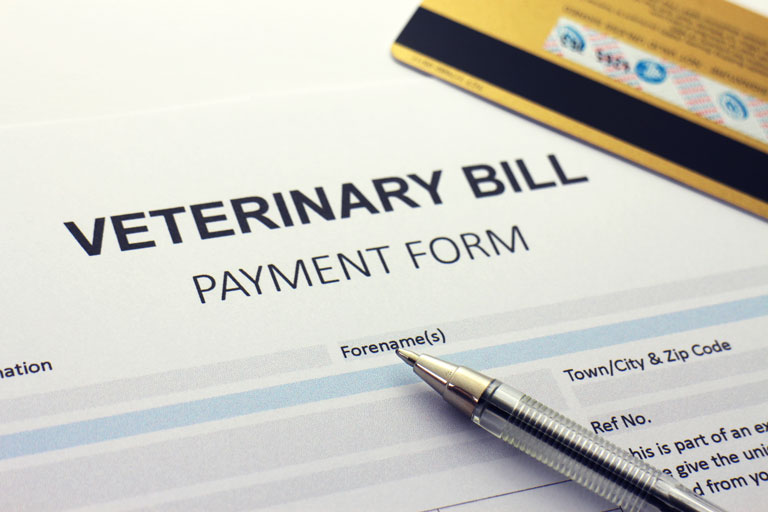You need a medical procedure. It costs about $4,000. Because your insurance plan includes a $6,000 annual deductible, your doctor asks you to prepay for the procedure. What do you do?
It might sound crazy, but it’s not. Situations like this one are happening more often, because consumers are facing higher deductibles in order to pay lower monthly premiums. Many cannot afford to pay the deductible up front without some kind of a payment plan.
Now, carry this over to the veterinary profession
How many times have you been unable to provide the gold standard of care because a pet owner could not pay in full at the time of service? This happens far too often, and it’s having a drastic effect on the industry.
Are payment plans the answer?
The human health care industry has recognized that when patients cannot afford to pay for procedures at the time of recommendation, conditions can worsen over time, which ends up costing the consumer more in the end.
According to a recent Reuters report, “The trend is expected to accelerate this year because unpaid bills are creating massive bad debt for even the most prestigious medical centers. U.S. hospitals had nearly $36 billion in uncompensated care costs in 2015, according to the industry’s largest trade group, a figure that is largely made up of unpaid patient bills.”
The same report noted that 45 percent of Americans polled would have a hard time paying an unexpected $500 medical bill.
Human hospitals in the U.S. are now experimenting with prepayment options for their patients. That’s where outsourced companies offering interest-free loans and payment plans enter the picture.
And veterinary practices are not much different. How many unpaid patient bills are currently on your books? How often has a client had to delay treatment for financial reasons? How many clients have been referred to third party financing, costing you 5 to 15 percent of your treatment fees? How often have you lost revenue because the pet owner decided not to do the procedure at all?
The veterinary profession needs to implement what human medicine is already doing. There are many benefits to offering payment plans to your clients:
- Increased patient visits
- More new clients
- Increased compliance for necessary procedures
- Improved animals lives
But who wants to deal with managing payment plans?
By outsourcing your accounts receivable (A/R), you can spend time focusing on practicing quality medicine. You won’t have to be the bad guy, forced to follow-up with clients if they miss a payment or change their bank information. Human medicine has already realized the benefits of outsourcing A/R. According to the Reuters report, people are more likely to pay a bank than a hospital, because banks will typically work to collect a debt, while hospitals have traditionally been more relaxed.
Veterinary practices tend to be more relaxed with collections as well.
Some of the no-interest payment plan companies that hospitals use are offering loans regardless of the client’s credit score. Hospitals also have total control over the length of time extended. Veterinary practices that have begun using a professionally managed billing company still have the same control over the payment plans they extend.
With less than 3 percent of pet owners carrying pet insurance and veterinary prices increasing every year, the veterinary profession must rethink the way it approaches its clients when it comes time to pay. Consider extending payment plans to your clients while still remaining in control, implementing wellness plans, and offering prepayment systems for non-emergency procedures.
All of these will generate a recurring revenue stream that is needed in the veterinary profession, and your practice will reap the many benefits associated with a professionally managed accounts receivable. This does not mean every client will want or need a payment plan but offering payment options creates tremendous goodwill and gratitude.
Contact us at 800-766-1918 or click here to start implementing the same system human medicine has already embraced so they can meet their patients where they are financially.
This article was a collaborative effort from the VetBilling.com Team.





